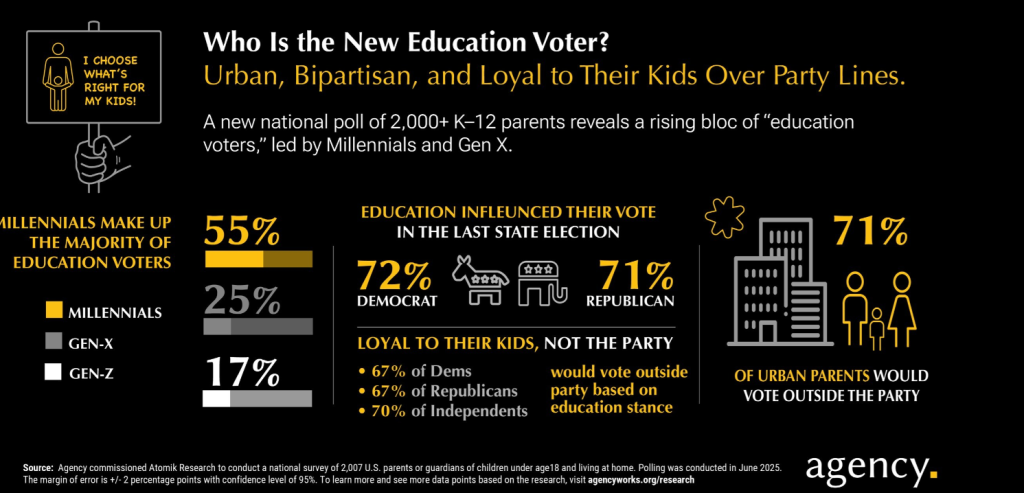It’s no secret that national politics, spilling like an endless tsunami through our screens, have made family Thanksgivings increasingly awkward over the last decade.
Sometimes, one question is worth asking ourselves. “Am I voting in this direction because of my intellectual convictions on individual issues, or because I am used to being a part of this particular party?” While I personally, like many Americans, have a party that I tend to vote with, I see no moral compulsion for them to retain my vote if they no longer represent me on key issues. What’s more, in many ways, I want to find a compelling case to vote the other side of the aisle; I think that our government is strengthened when both parties are striving to reach the same quality policy goals.
I’m not alone in this perspective. As we are beginning to see on the national level, parties will (hopefully) self-moderate, adopt “big tent” strategies, and move to the center when they are incentivized through a belief that additional votes can be captured. This cycle of moderation towards a center of gravity isn’t just a political strategy; it’s an essential part of ensuring that American democracy can sustain itself instead of devolving into tribalism. When citizens vote based on their convictions, not their past voter registration, lawmakers are held more strongly accountable for their legislative visions and actions while in office.
It’s not always easy to find things in common with Uncle George or Cousin Lyndsay, but it is important for the health of our society (and your Thanksgiving dinner) that it be done. That’s why bipartisan organizations like Braver Angels host free online and in-person events designed to help Americans learn to bridge polarized gaps. But survey data shows that one topic might soon prompt the centering political impulse we need: education.
A June 2025 poll of more than 2,000 K-12 parents found that the issue of education breaks down political barriers. A high majority of both Democrats, Republicans, and Independents are happy to vote outside their party based on a candidate’s education stances. 71 percent of urban parents would vote outside their party, as well.

Parents are becoming single-issue voters as they work to ensure a strong educational foundation for their children. 65 percent of all parents, the survey found, would vote outside their party simply based on education.
Yet parents aren’t just changing their voting patterns based on education — they’re changing their behavior, too. A staggering 59 percent of parents have either considered or begun homeschooling in the past five years. The amount of students participating in a school choice program of some type has more than doubled since 2020. Why? A 2025 Morning Consult poll found that 59 percent of American parents feel that education is on the wrong track. Since their public schools are often delivering less-than-stellar reading and mathematics abilities, parents are taking more responsibility for their child’s future.
School choice options (charter schools, homeschools, and microschools) are catching parents’ attention. This does affect the ballot box (only 29 percent of parents would vote for a candidate who doesn’t support public school choice) but, more importantly, shifts the current educational paradigm. The Morning Consult poll found that parents crave choices. 83 percent of parents support education savings accounts and 74 percent favor charter schools.
A switch to a charter or private school isn’t the perfect outcome for every child, and it might not even be the goal for some families. Open enrollment policies and school reform remain highly popular desires for parents. A slim majority of parents prefer public schools over private schools, and are willing to fight for their local districts to improve. The bottom line for all parents: students need access to high quality schools, and parents are willing to do what they can to safeguard their child’s future.
Parents want the ability to make choices for high-quality schools that fit their child’s unique educational and social needs. They’re willing to vote across the aisle to make that happen. The pathway is wide open for visionary legislators to embark on an education focused coalition-building project. If someone succeeds, the children will be the happy recipients — and the Thanksgiving table conversation for everyone else will become a little less charged.










